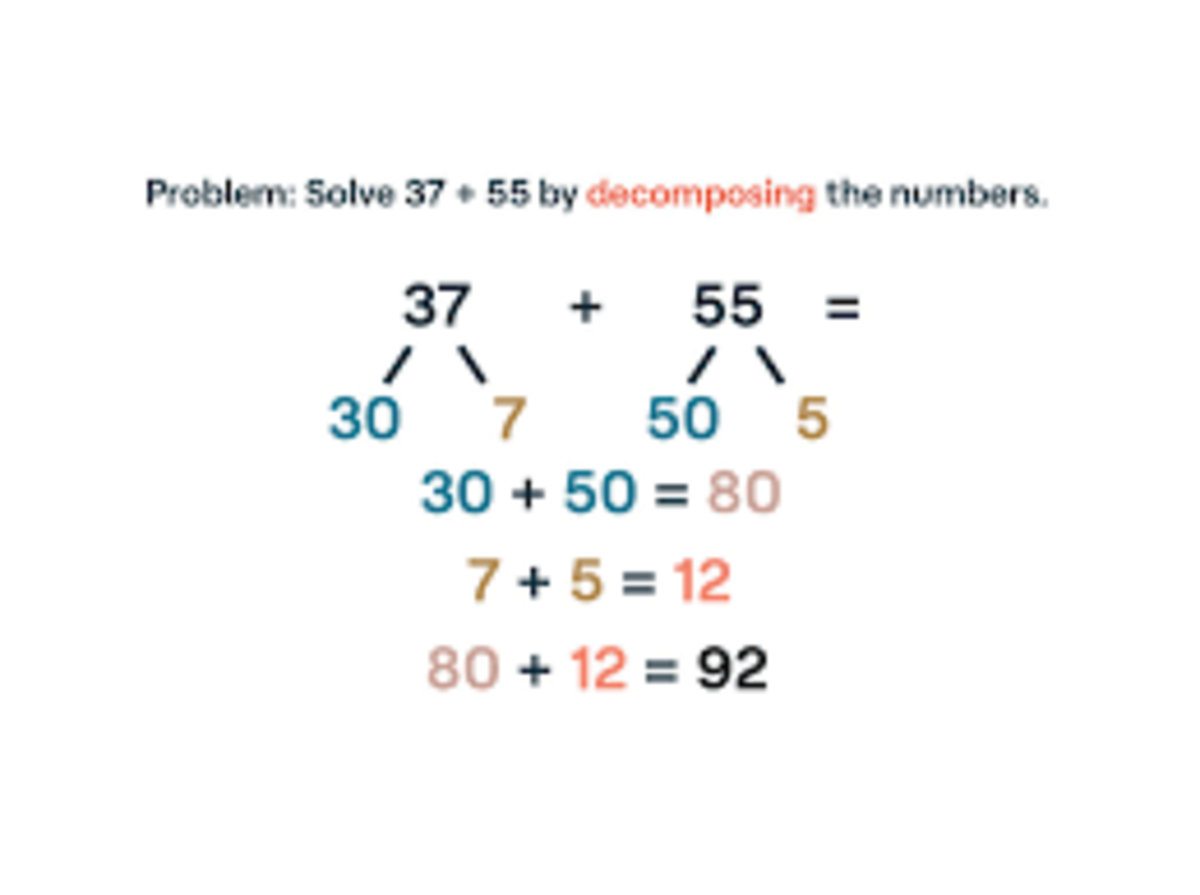Choosing a Tutor for Your Child

Have you ever had a tutor?
Things to Consider
Despite the straight A genes of both you and your co-parent, your child is failing nearly every class. He/she does all required homework. By reading their class notes, you know that they are paying attention in class. Their teacher is supportive and promotes a calm learning environment. You study nightly together. Still, the test scores are dismal. What are you to do?
Clearly, your child could use to be tutored. However, how can you be sure that this tutor will be able to help? Will they be worth the expense, or will it just be money out the window? I suggest that you consider the following before employing a tutor.
1. Money Vs. Grades
I have found that pretty much every parent has the family budget tattooed on their brain. They know how much they’re paying out now and they know how much extra they can pay out without going into the negative column. Unless you’re lucky and have someone willing to work for you on a volunteer basis, a tutor will drain money from your account. Whether they’re working for $1 or $100 a session, you still feel the money loss. Are you willing to feel this loss? Can you afford to go without this money? Are your child’s grades really worth this fee? I know that sounds ridiculous, but even the best parents ask themselves this question even if they only deliberate on it for a second. Before spending the time to find a tutor, you need to decide if you can afford to pay for one for as long as your child needs to be tutored. Though no one expects to be fired/their money situation to change, you need to understand that that may happen. If you suddenly can’t afford to pay for this service, would you be able to end it even at the risk of your child’s grades slipping once more?
2. Tutoring Center Vs. Private Tutoring
You’ve decided that you indeed want to employee a tutor. You need to decide now which road to take. Do you want to go through a tutoring center or find a private tutor? There are pros and cons to each.
- If you go through a center, your child will more than likely be tutored by a licensed teacher with teaching experience. As this teacher has taught in a classroom, they understand that every child learns differently and, more importantly, how a child learns privately versus in a classroom. While they can’t simulate a classroom experience, they can give your child tips on taking tests in a classroom atmosphere. They can teach your child how to tune out the shuffling of the other students and to feel as if they are alone in the room without distractions. They presumably have made tests and can teach your child how to properly take a test (How to fully read the directions. How to look for clues in the questions. How to properly evaluate multiple choice questions to find the correct answer.). They can break a lesson into smaller, more digestible portions too.
- However, learning centers tend to cost some money. Also, the one I worked at gave the teacher multiple students at the same time. While this allowed for the students to learn in somewhat of a classroom environment it didn’t allow for individualized help. In my opinion, if your child isn’t going to receive one-on-one instruction, what is the point of paying for a tutor?
- If you go through a private tutor, you are assured that your child will have the attention they require. The tutor will center entirely on your student, doing their best to figure out their learning style and the areas that need attention. As your child is their only student (during this session anyway), the tutor will have a chance to go over each homework assignment, line-by-line as well go over tests to figure out what went wrong. A private tutor works around your schedule and is able to be more flexible. While not always on call, most private tutors I’ve known have been willing to meet at an unscheduled time if the parent calls for help. As most private tutors work “under the table” and do not receive their money from a head tutor/manager, their hourly fees are usually much lower than a center tutor.
- Yet, unless you specifically seek one out, you aren’t very likely to have a private tutor who is a teacher or who has any teaching experience. Though I’m aware that there are private tutors with concrete credentials, there are many others without degrees and still others who know even less than your child. Many people see tutoring as an easy, quick way to make money and don’t understand that falsely promoting themselves as capable, intelligent tutors only proves to harm young minds and make enemies out of trusting parents. For this reason, employing a private tutor is always a gamble.
3. Comfort Level
After the first five minutes of the first session, your child should have a pretty good idea if the tutor they’ve been assigned will be good for them. While no one likes to have their free time stolen from them by well-meaning people, you should be able to tell the difference between your child’s discomfort in spending their time learning instead of playing video games and their discomfort because their tutor gives them the creeps. No one can learn if they don’t feel comfortable. If your child is uncomfortable with their tutor, don’t send them for a second session. You’ll only be wasting your money if you do.
4. Are they learning anything?
Ideally, you should see a positive change (no matter how slight) in your child’s academic performance after the first session. However, if you see no change after the second session, you should find another tutor. While your child won’t turn into an all-star student after a couple of sessions, if your child is still in the exact same boat they were in a couple of sessions ago, chances are they will remain there under this person’s tutorship. Does this mean they are a bad tutor? I wouldn’t say that. Obviously though they aren’t the one for your student.
When you’re making the decision to send your child to a tutor you are recognizing a problem and doing what you can to remedy it. Taking this step, you are proving to your child that you’ll do anything to make sure their future is happy and full of success. With luck, your child won’t need to be tutored forever. However, if they do, please do not feel that it reflects badly on yourself, your co-parent or your child. Parents who allow their children to struggle endlessly out of fear that hiring a tutor would be admitting defeat are in the wrong. If you aren’t going to help your child’s grades improve by sending them to a tutor, would you also leave an infection to fester by not sending your child to a doctor?
This content reflects the personal opinions of the author. It is accurate and true to the best of the author’s knowledge and should not be substituted for impartial fact or advice in legal, political, or personal matters.
© 2009 Lincy A. Walsh



